 Back to Learn page
Back to Learn page

Hi, We're Fennel
A year ago, we started building an investing app to bring power back to the stakeholders.
Back then, we were just a handful of people — activists, engineers, grad students, and retail investors — who felt jaded by the system. We felt like we were being used by other investing platforms. When multiple platforms paused trades during the GameStop saga, it seemed like the system was rigged. When we learned that companies were profiting off payment for order flow and securities lending, it seemed like we were being bought and sold. We wanted an investing platform where the cards weren’t stacked against us.
So, we built our own.
We designed an investing app that we’d actually want to use. One where you can invest in stocks and ETFs, know more about a company’s impact on the world, and have a say in the companies you invest in.
We wanted to discover companies that care about the same things that we do — whether that’s a diverse workforce, renewable energy usage, or human rights protections — and, from there, decide whether or not to invest in them. So we integrated Environmental, Social, and Governance (ESG) tools to help people understand a company’s impact and its corporate structure.
On top of that, we wanted to highlight shareholder voting as a direct line for retail investors to lobby for meaningful change in companies. So we built a platform that shines a light on past and upcoming shareholder votes.
This way, we, as shareholders, can advocate for everyone who has a stake in the game — from workers, to investors, to the rest of our global community.
What's at stake
Companies often take shortcuts in order to maximize profits. There are many examples of large companies that have built their supply chain on unethical working conditions, dumped toxic chemicals into the environment, or knowingly sold dangerous products. They may not do these things explicitly to hurt people — but people end up hurt.
The government can intervene through laws to hold companies accountable for these actions. But regulation is a slow process and often happens after the damage is already done. We need additional ways to hold companies accountable — that’s where shareholder voting comes in.
Shareholder voting enables us to raise concerns to company leadership and engage them in conversations about what matters to us.
Owning shares of a publicly traded company can allow you to vote on important company decisions during annual shareholder meetings. These votes help companies determine things like board appointments and internal audits. But they can also help companies make decisions that directly affect us.
For example, shareholders can vote on whether a company should:
- Report on gender and racial pay gaps
- Disclose money spent on political lobbying
- Tie executive compensation to greenhouse gas reduction
- Add civil rights leaders to the board of directors
- Report failed sexual harassment interventions
- Hold itself accountable for online child exploitation
- Report on steps taken to reduce its carbon footprint
If these examples seem specific, it’s because they are all actual proposals that were voted on in shareholder meetings last year — and not one of them passed.
So what gives? Don’t people care about reducing carbon emissions and promoting social equity? Of course they do. But whether or not they actually vote on these proposals is another story.
One report found that only 28% of shares held by retail investors were used to vote in 2020. Meanwhile, 92% of shares held by institutional investors were used to vote that year. This means, it’s the hedge funds, mutual funds, large banks, and financial institutions voting on these issues — not everyday people.
Our goal is to make it easier for more people like you and me to vote on these issues. We believe, if more people are engaging with the companies they invest in, those companies will be incentivized to act, or face backlash from their stakeholders.
That’s just the beginning. We think that this process can have a ripple effect on the ways companies address things like climate change and human rights. It’s up to all of us to hold these companies accountable.
The engaged shareholder movement is here. Will you be a part of it?

Expand your knowledge further

20 months ago I had a simple idea: What if capital markets could change?

The name "Fennel" is inspired by the ancient Greek myth of Prometheus.
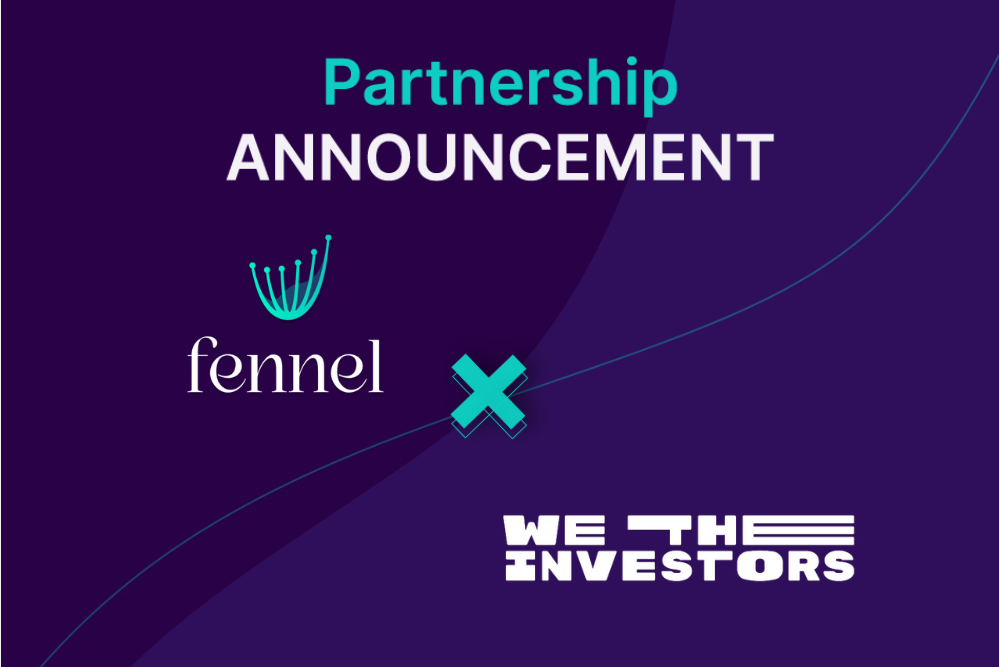
Fennel is joining forces with We The Investors to provide engaging educational content to help retail investors learn more about capital markets.
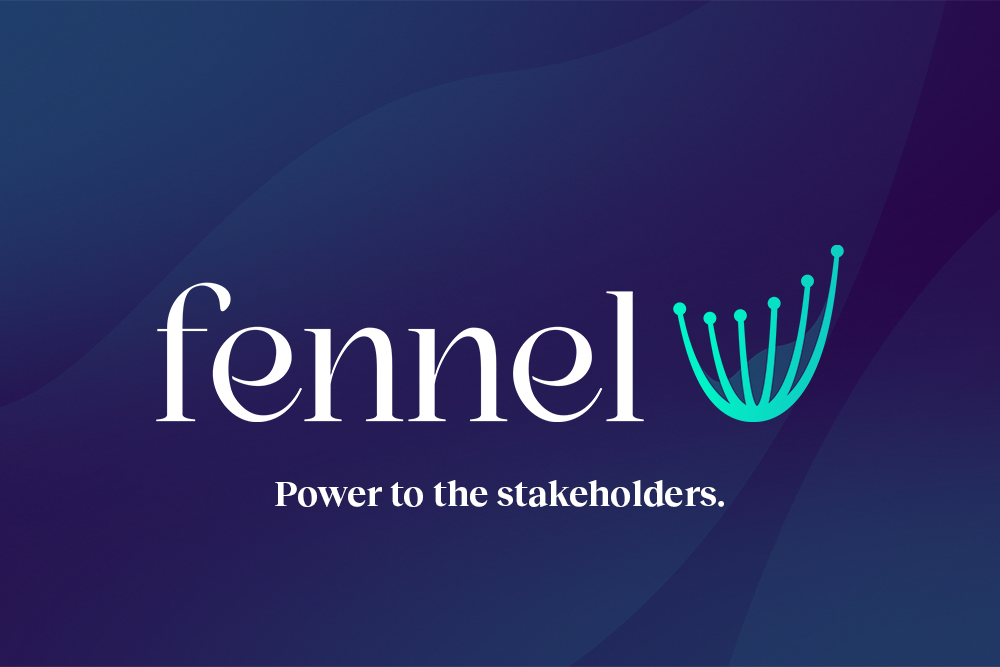
Backed by Jeff Cruttenden, founder of Acorns, Capital Factory, Temerity Capital Partners and more, Fennel has raised over $5M in funding to provide transparent financial and ESG-data to investors.

Fennel Financials joins forces with Eventus.
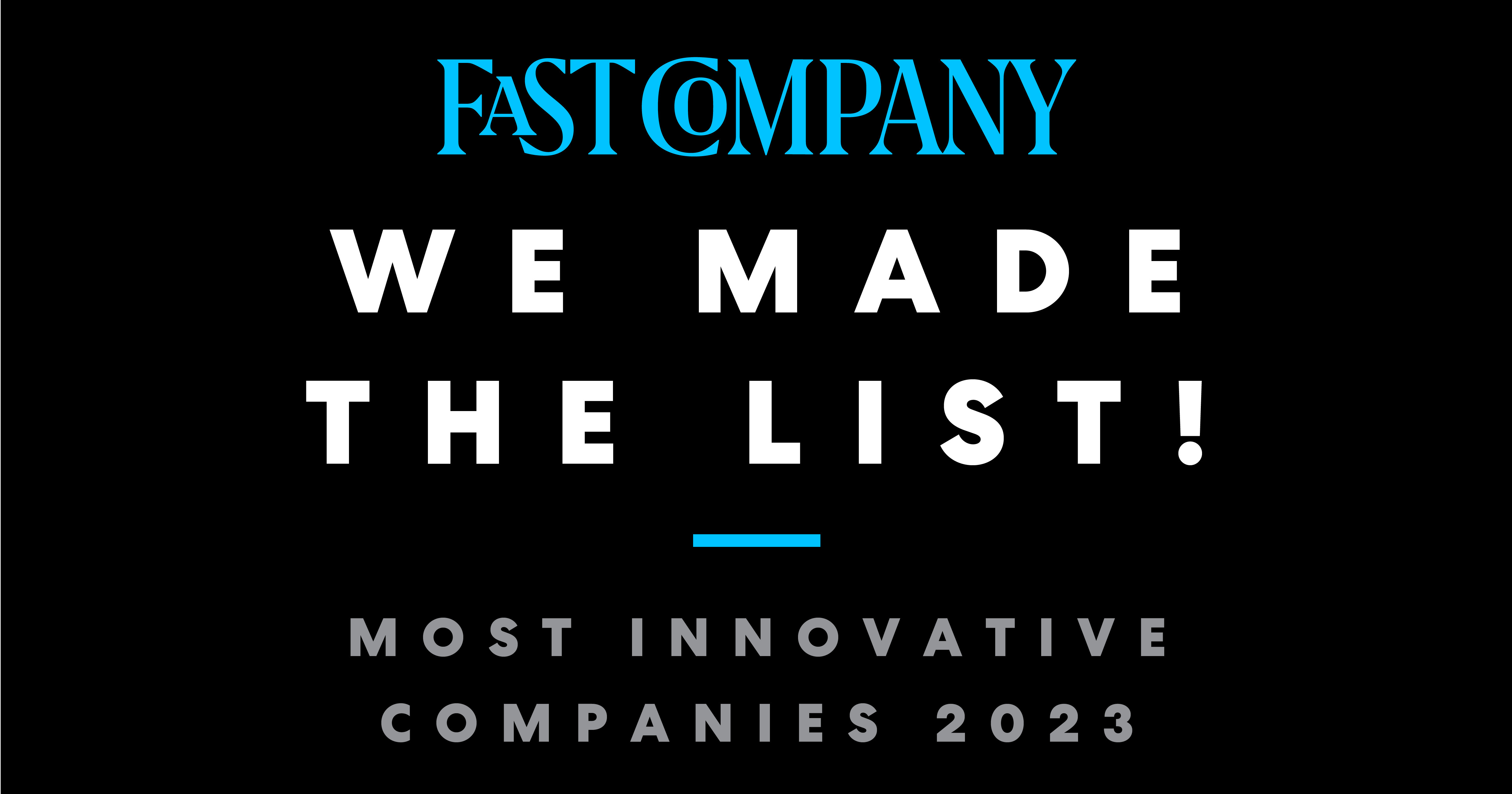
Fennel has been named to Fast Company’s prestigious list of the World’s Most Innovative Companies for 2023, joining a list of businesses paving the way in innovation and highlighting those at the forefront of their respective industries.
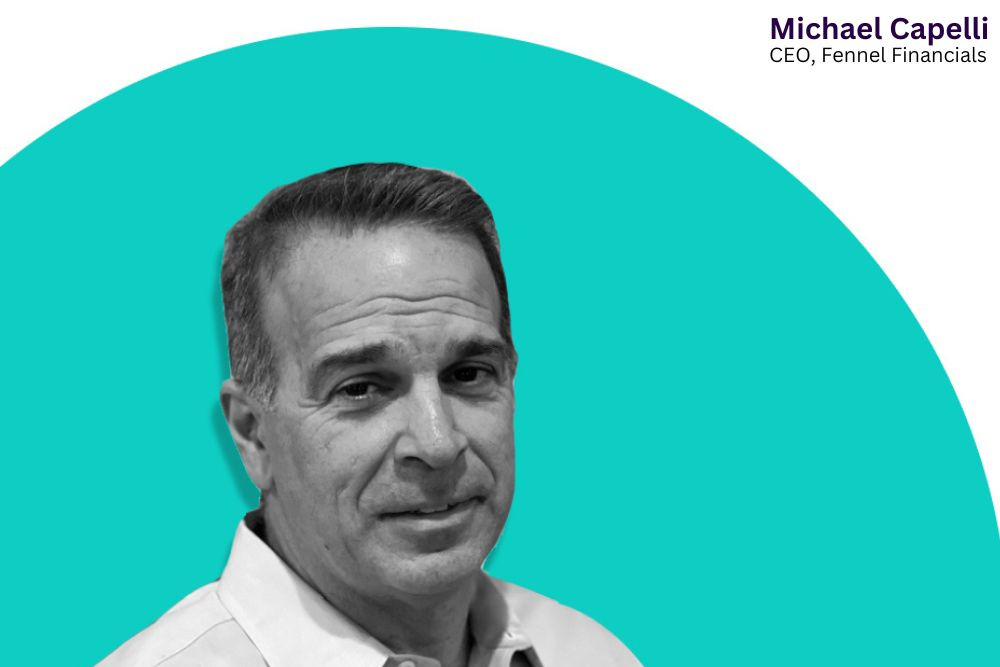
The ESG-focused retail investing platform hires Michael Capelli to lead its brokerage operations

Zero commissions doesn't mean zero costs.
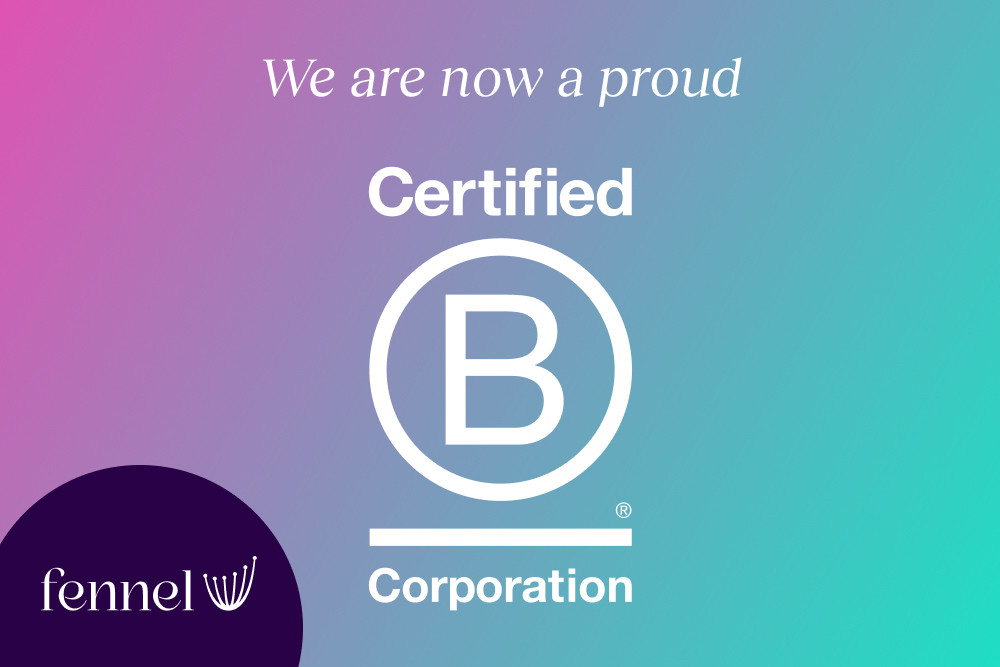
ESG & shareholder voting-focused brokerage becomes Certified B Corporation™, highlighting commitment to sustainable and regenerative economy.
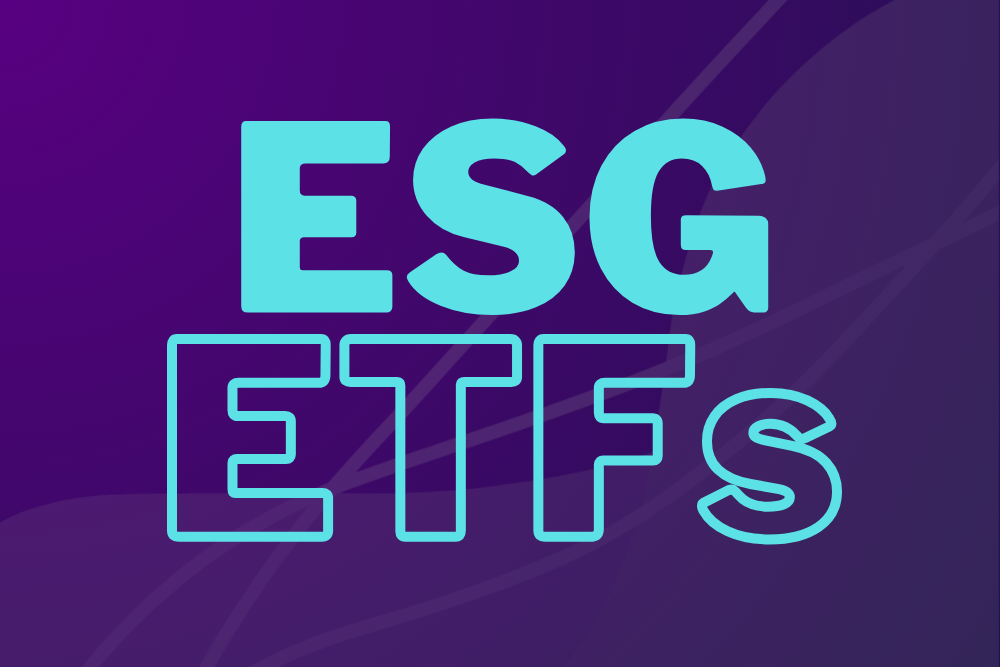
Here are some ESG ETFs you can trade on the Fennel app.
Take back the power of your investment
